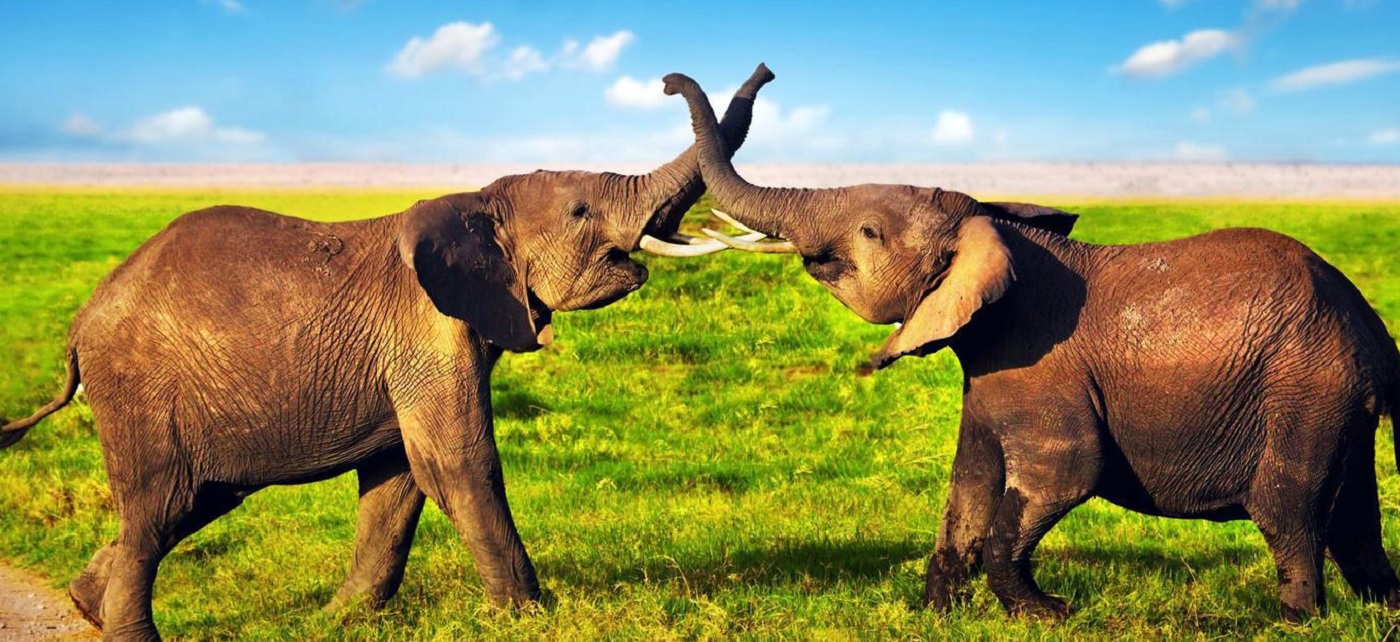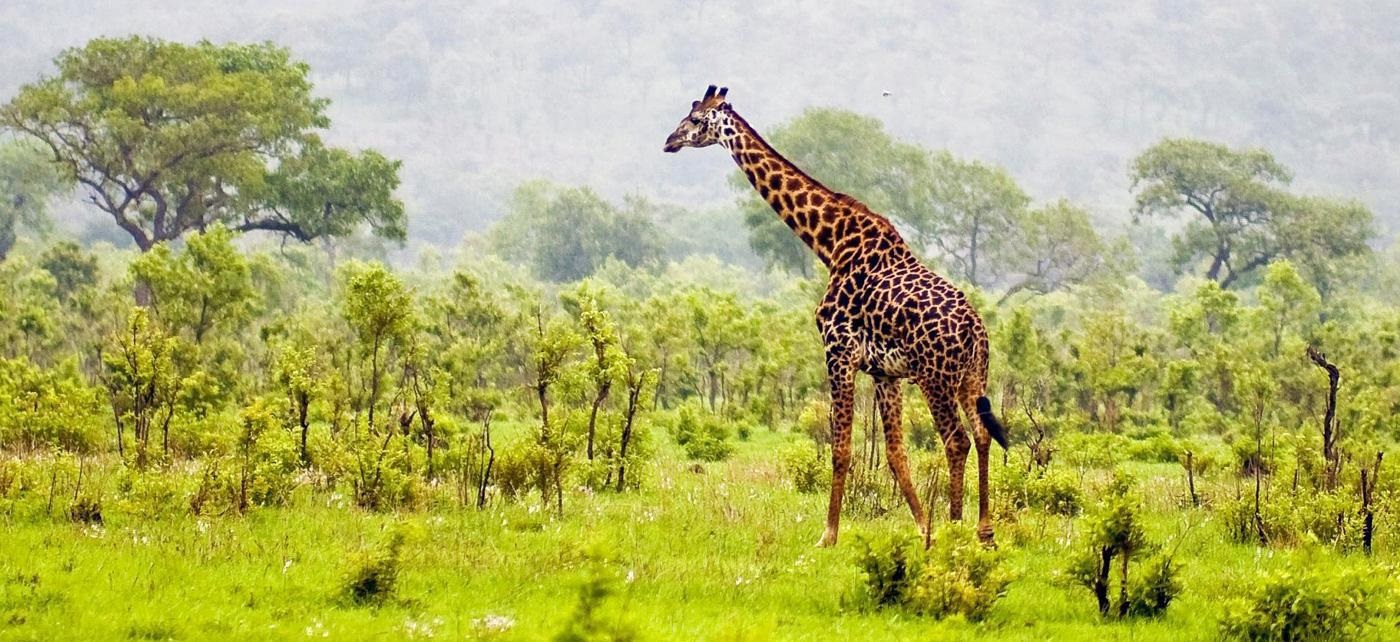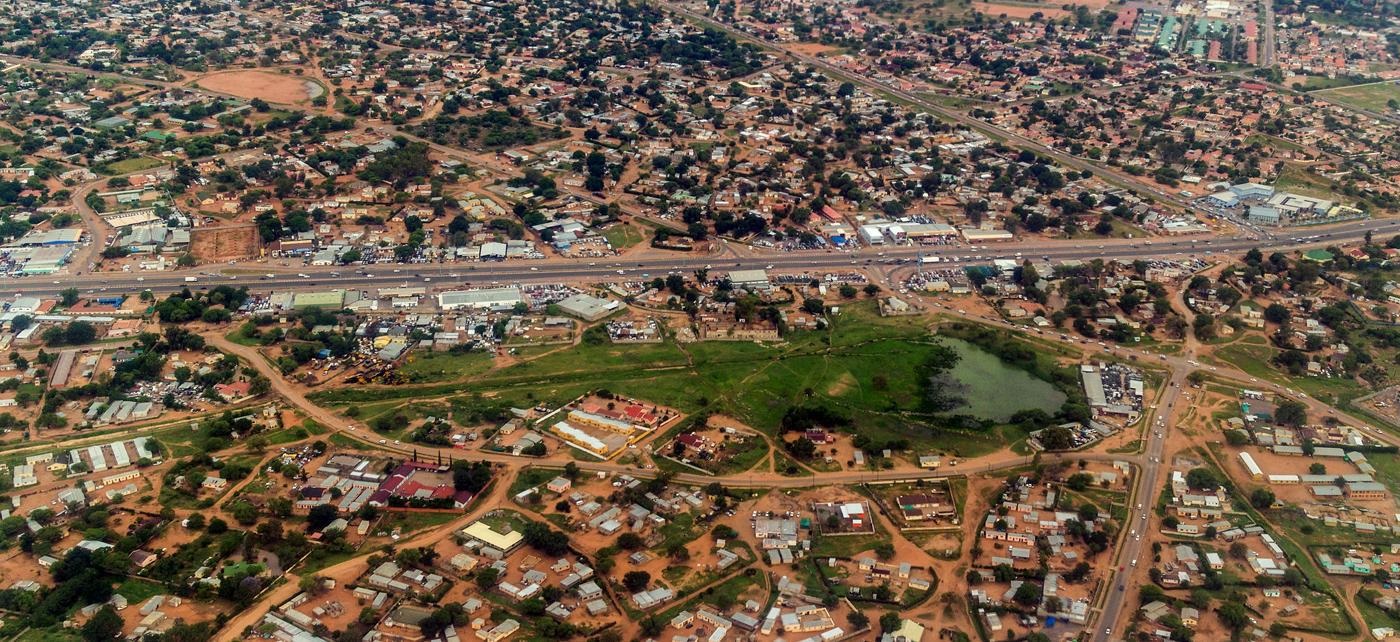Botswana, officially the Republic of Botswana, is a country located in Southern Africa. The citizens are referred to as "Batswana". Formerly the British protectorate of Bechuanaland, Botswana adopted its new name after becoming independent within the Commonwealth on 30 September 1966. It has held free and fair democratic elections since independence. Geographically the country is flat and up to 70% of Botswana is covered by the Kalahari Desert. It is bordered by South Africa to the south and southeast, Namibia to the west and north, and Zimbabwe to the northeast. It meets Zambia at a single point.
In the 19th century, hostilities broke out between Tswana inhabitants of Botswana and Ndebele tribes who were making incursions into the territory from the north-east. Tensions also escalated with the Boer settlers from the Transvaal to the east. After appeals by the Batswana leaders Khama III, Bathoen and Sebele for assistance, the British Government put "Bechuanaland" under its protection on 31 March 1885. The northern territory remained under direct administration as the Bechuanaland Protectorate and is modern-day Botswana, while the southern territory became part of the Cape Colony and is now part of the northwest province of South Africa. The majority of Setswana-speaking people today live in South Africa.
Botswana's main ethnic groups are Batswana, BaKalanga, Bushmen or AbaThwa also known as Basarwa. Other tribes are Bayei, Bambukushu, Basubia, Baherero and Bakgalagadi. Other groups of ethnicities in Botswana include whites and Indians, both groups being roughly equally small in number. Botswana's Indian population is made up of many Indian-Africans of several generations, from Mozambique, Kenya, Tanzania, Mauritius, South Africa, and so on, as well as first generation Indian immigrants. The white population is native to Botswana or from other parts of Africa including Zimbabwe and South Africa. The white population speaks either English or Afrikaans and makes up roughly 3% of the population.
Since independence, Botswana has had one of the fastest growth rates in per capita income in the world. Botswana has transformed itself from one of the poorest countries in the world to a middle-income country. By one estimate, it has the fourth highest gross national income at purchasing power parity in Africa, giving it a standard of living around that of Mexico and Turkey. According to the International Monetary Fund, economic growth averaged over 9% per year from 1966 to 1999. Botswana has a high level of economic freedom compared to other African countries. The government has maintained a sound fiscal policy, despite consecutive budget deficits in 2002 and 2003, and a negligible level of foreign debt. It earned the highest sovereign credit rating in Africa and has stockpiled foreign exchange reserves (over $7 billion in 2005/2006) amounting to almost two and a half years of current imports.


